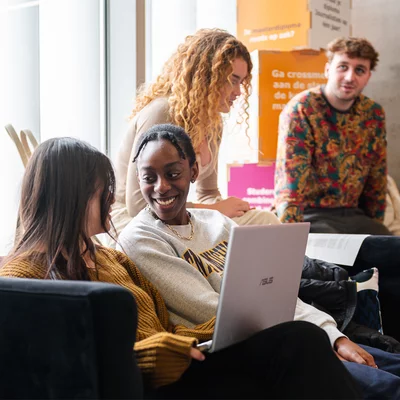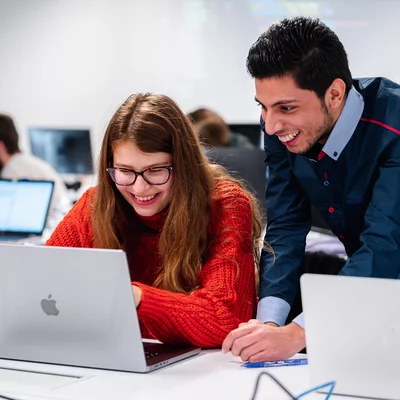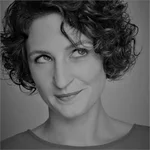
Museum participation: How can a museum sustainably connect with society?
Through this practical research, we develop tools to document and measure the social and cultural impact of sustainable participatory museum processes. The voice and experience of the participants themselves is crucial in this. We co-creatively look for ways to make clear the importance of sustainable forms of participation within a museum context.

Sustainable participation as a 'common goal' for the museum sector
Over the past 2 years, we have investigated through various (creative) ways “how museums in Flanders give concrete substance to participation (co-creation/ownership)” and how participants experience these practices. After all, through the renewed Heritage Decree, the government encourages museums to think about this, to explore new forms of participation and to implement them in their operations.
There are many interesting good practices when it comes to guiding a more diverse public to the existing museum offer (instrumental participation), but more sustainable participation practices can still be counted on one hand.
It is an 'issue' and a 'quest' in the sector, especially among museum public employees. This is also proven by the ICOM conference that was devoted entirely to the theme of 'co-creation' in the autumn of 2021 (ICOM CECA conference (mleuven.be). In a changing society, museums must redefine their social role and dare to break free from their known ways of working, not an obvious task.
There is clearly no 'common goal' on this theme yet. After all, a commoning practice is organized horizontally and focuses on collaboration and shared expertise. Thinking together about how power can be redistributed is therefore a necessary item on the agenda to survive as a museum.
Museum participation is more than it seems
Reducing thresholds is often seen as making the offer affordable. Working on accessibility is reduced to communication and marketing. The supply remains mainly controlled and rarely starts from the demand of the public itself. Working outside the walls of the museum is not considered or given priority.
It has to be said, there are beautiful inspiring experimental attempts, but these too often collide with the core of participatory working, namely setting up an in-depth process:
- with a long-term commitment;
- take time and space;
- adopt the citizen rather than the consumer perspective;
- always putting the creative thinking process first.
Participatory work also requires different skills and attitudes in the approach of museum employees, board and directors. This is confrontational or encounters resistance or people do not know how to start.
Importance of participation for museums
Participation is the fifth (currently non-compulsory function) and fairly new in the heritage decree (2017).
Europe develops programs on citizenship and heritage, participation and heritage, heritage and democracy.
This clearly reflects the shifting social role of museums. In countries such as the United Kingdom, museums are required by policy to be more community-oriented, with very exciting results both artistically and socially. In the broad cultural sector you notice an interest in working from a more anthropological perspective.
Many Flemish museums are looking for ways to fulfill this function in a sustainable and fundamental way. In the run-up to a new policy period, this is the ideal momentum to support the heritage sector through this research/valorisation process from the socio-cultural sector where fundamental participation is in its DNA.
Objectives of this valorisation process
Our preliminary research shows that public employees are still (too) often alone in their quest to involve citizens/society in museum operations. Managements and policymakers want to 'prove' the impact of such projects before spending time/personnel/operating resources/... on them.
We believe that by making shadow practices visible you also make them more shareable. In our opinion, this forms the basis for broadening existing meaning frameworks.
Developing tools to document the impact of participatory museum practices on participants, museum operations and wider society is an important stepping stone in this respect. It makes clear what is invisible, it makes the win-win clear, it removes the fear of expertise/loss of quality, it mandates public servants to color outside the lines for the benefit of the most vulnerable, it opens budgetary doors, …
The development of these tools is a logical consequence of the research process that has already been completed.
Together with partners from the museum sector, participants and the FARO support center, we want to make time in the coming year to develop, test and implement these tools.
Meet the researcher
Work with us?
Request customised research
We are happy to help you formulate your research question and approach.




